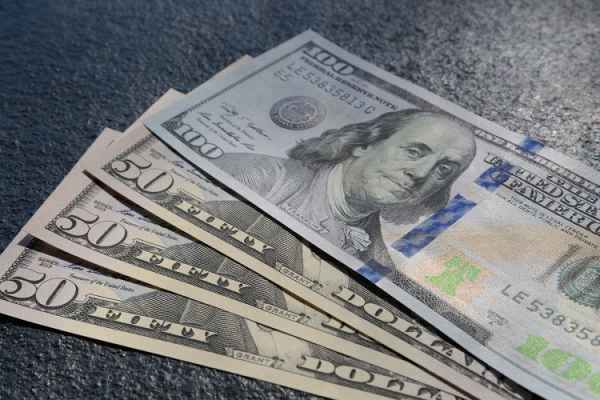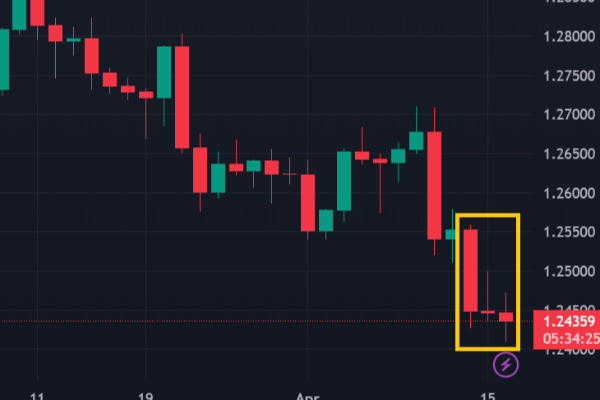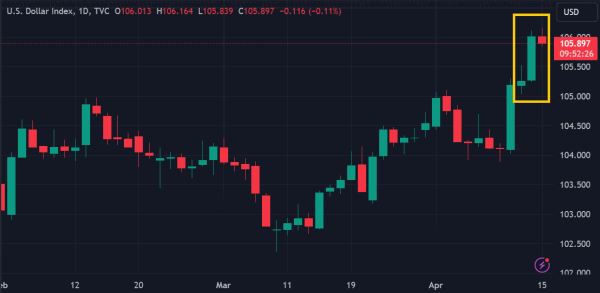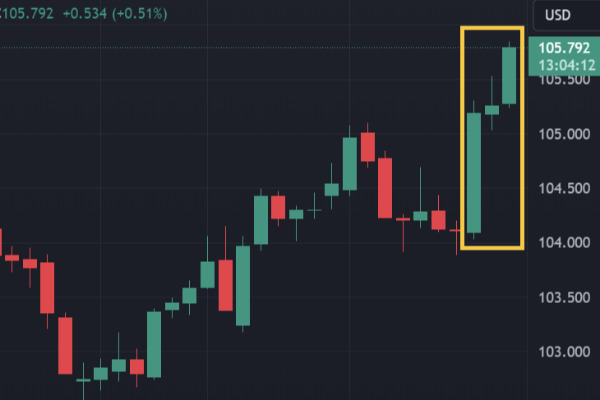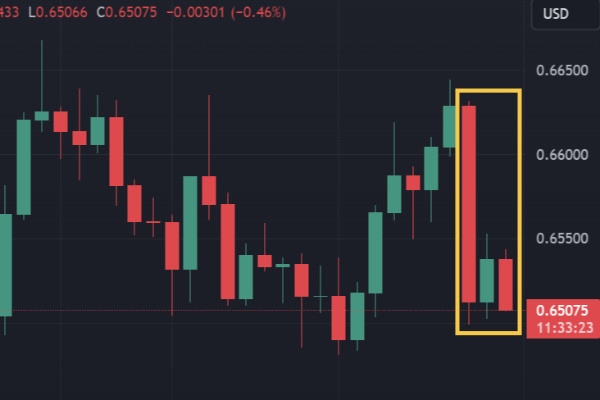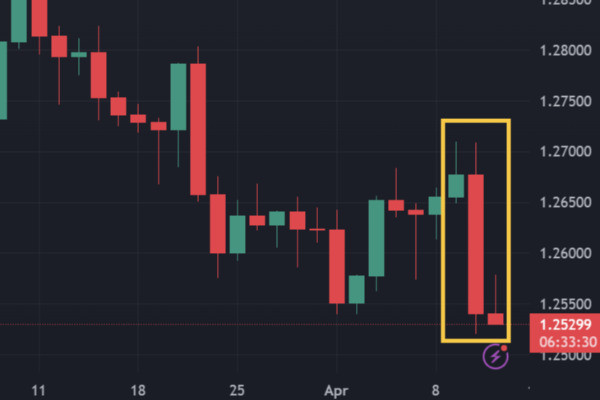On the second day of the testimony, The Fed Chair's remarks were more cautious, causing the dollar to weaken and the market to focus on the upcoming release of US economic data.
The US dollar index (DXY) weakened to around 105.40 at the beginning of the European session on Thursday (March 9), but still remained close to the three-month high reached yesterday. However, the testimony of the Fed Chair has clarified the difference in interest rate projections between the United States and some other major central banks.
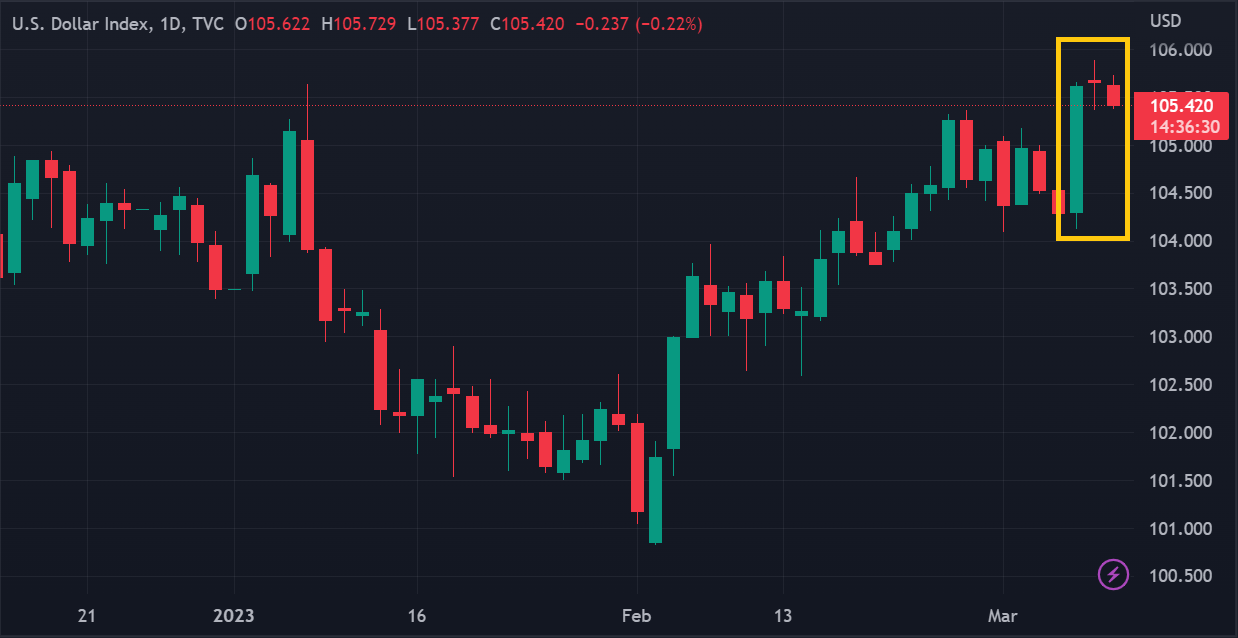 DXY Daily chart via TradingView
DXY Daily chart via TradingView
Jerome Powell delivered a slightly more cautious statement in his testimony on the second day last night. He maintained the hawkish message he conveyed in the first day's testimony. Still, he reiterated that discussions about the scale and path of future interest rate hikes would depend on forthcoming data.
"Powell conceded that the March decision is data-dependent," said Thierry Wizman, Macquarie's global FX and rates strategist. "The question facing us, therefore, is whether January's economic reacceleration was a blip or a trend."
Powell's caution helped some major currencies to breathe a little from the pressure of the greenback while waiting for the release of the next US economic data. Some of the closest announcements include tonight's Unemployment Claims data and the Nonfarm Payrolls and the US Unemployment Rate tomorrow. The schedule for releasing US inflation-related data next week will also be in the spotlight.
As of writing, USD/JPY fell 0.85% to around 136.15 despite Japan's GDP data stagnating this morning. EUR/USD also increased about 0.25%, while GBP/USD rose 0.35%, and the antipodean currencies strengthened 0.4%.
Nevertheless, the shadow of the US dollar still dominates the market as expectations for the Fed's interest rates remain high. Fed Funds Futures now indicate a nearly 70% chance of a 50 basis point hike in the Fed's interest rate at the FOMC meeting on March 21-22.
This week, the Bank of Canada (BoC) and the Reserve Bank of Australia (RBA) took the opposite stance from the Fed. Yesterday's BoC policy meeting maintained the interest rate at 4.5% and affirmed its intention not to change it for several months. Thus, the BoC became the first major central bank to stop its post-pandemic monetary tightening cycle.
RBA Governor Philip Lowe also revealed his intention to stop the cycle soon. The possibility of raising interest rates again will begin in April.

 Dedicated FREE FOREX VPS
Dedicated FREE FOREX VPS Free FOREX Virtual Private Server
Free FOREX Virtual Private Server MT4 Demo Contest, Get $500
MT4 Demo Contest, Get $500 Sign Up for an Account, Claim 60% Deposit Bonus
Sign Up for an Account, Claim 60% Deposit Bonus Free MT4/MT5 VPS 2024
Free MT4/MT5 VPS 2024 Send E-mail and Get Free Merchandise
Send E-mail and Get Free Merchandise $1K Refer a Friend Bonus for Pepperstone Pro clients
$1K Refer a Friend Bonus for Pepperstone Pro clients Maximize Your Earnings with 100% Deposit bonus
Maximize Your Earnings with 100% Deposit bonus Trade to Win, $5,000 Monthly Demo Contest
Trade to Win, $5,000 Monthly Demo Contest Claim 30% + 15% Deposit Bonus from LiteFinance
Claim 30% + 15% Deposit Bonus from LiteFinance
